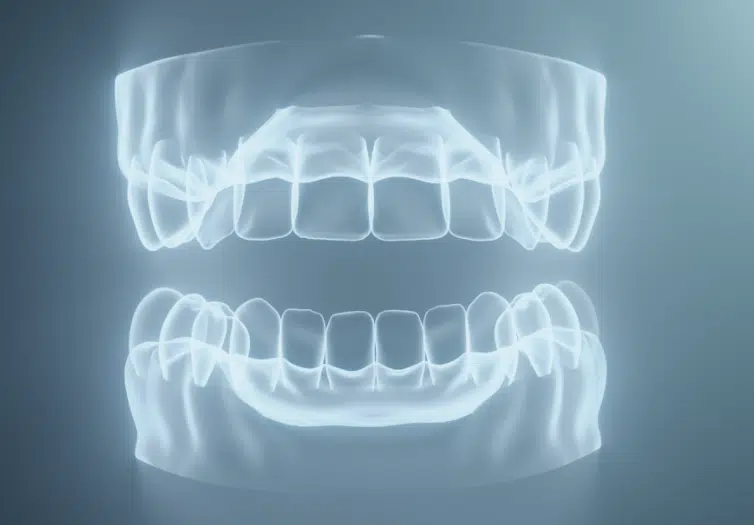Athena Skin Hair & Dental Clinic
Dental X-Ray

What is Dental X-Ray
A Dental X-Ray is an imaging technique used to capture detailed pictures of the teeth, gums, and jawbones. It helps dentists diagnose oral health problems that are not visible during a regular dental examination.
Symptoms Indicating the Need for a Dental X-Ray
While X-rays themselves are not a symptom, they are often recommended when patients experience:
✅ Persistent toothache
✅ Swelling in gums or face
✅ Unexplained bleeding in the gums
✅ Loose or shifting teeth
✅ Difficulty in chewing or biting
✅ Signs of cavities or decay
✅ Jaw pain or clicking sounds
✅ Dental trauma (injuries)
Common Causes for Requiring a Dental X-Ray
Dental X-rays are used to diagnose several oral health issues, such as:
✔ Cavities and tooth decay
✔ Gum disease (Periodontitis)
✔ Impacted teeth (like wisdom teeth)
✔ Root infections or abscesses
✔ Bone loss in the jaw
✔ Cysts or tumors in the oral cavity
✔ Alignment problems (orthodontic assessment)
✔ Developmental abnormalities
Treatment After a Dental X-Ray
Based on the X-ray results, dentists may suggest:
🔹 Fillings for cavities
🔹 Root canal treatment for deep infections
🔹 Tooth extraction for severely damaged teeth
🔹 Braces or aligners for misaligned teeth
🔹 Gum disease treatments (Scaling & Root Planing)
🔹 Surgical procedures (for cysts, tumors, or impacted teeth)
🔹 Dental implants or bridges for missing teeth
Prevention: How to Reduce the Need for Dental X-Rays?
✔ Brush your teeth twice daily with fluoride toothpaste
✔ Floss regularly to remove plaque buildup
✔ Visit your dentist for routine check-ups every 6 months
✔ Avoid sugary foods and drinks that lead to cavities
✔ Wear a mouthguard during sports to prevent dental injuries
✔ Stop smoking to reduce the risk of gum disease
Recovery & Safety of Dental X-Rays
✅ Quick & Painless: The process takes only a few minutes
✅ Minimal Radiation Exposure: Modern X-ray machines use low radiation doses
✅ No Downtime: You can resume daily activities immediately
✅ Safe for Children & Adults: Special lead aprons minimize exposure
For pregnant women, dentists may delay X-rays unless necessary.
